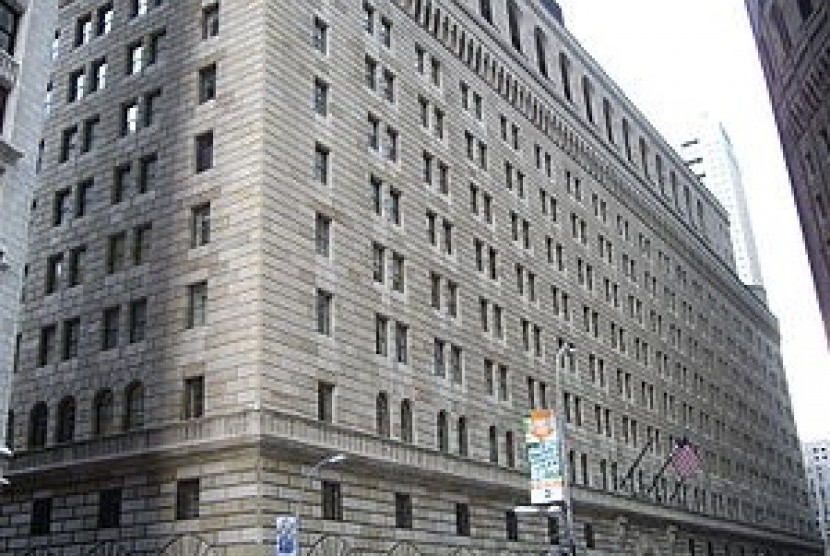REPUBLIKA.CO.ID, JAKARTA -- Governor of Bank Indonesia Agus Martowardojo said Indonesia needed to revamp of financial structure. He warned, Indonesia was still short of alternative sources of financing resulting in the country lagging far behind other nations in this region.
"The structure of our financial market is not yet diversified and the stock market as a source of investment finance has not played a significant role," Martowardojo said at a bankers dinner on Thursday night.
He warned that Indonesia needed to address the economic challenge. One of the most immediate challenges is turbulence in the global financial market, that could be triggered by an increase in the US interest rate -the Fed fund rate, according to Martowardojo.
"Sooner or later, as expected by many, normalization of the policy by the the Fed will come to reality," he said.
An increase in the US interest rate, however small, would have its impact on geo-monetary constellation, he added.
"Reevaluation of investment risk and valuation of financial asset in the global market to follow the increase in the Fed fund rate, could trigger shifts in the placement of portfolio investment between countries," he said.
As a result, the liquidity of US dollar could tighten especially in countries having weak economic fundamentals.
"For Indonesia, normalization of monetary policy in the United States could result in a drop in capital inflows, which so far have contributed to fiscal finance and helped cope with current account deficit," he said.
In addition, Bank Indonesia still saw macro vulnerabilities, he said pointing to swelling corporate foreign debts, mostly not protected from the risk of exchange rate instability.
"Accumulation of portfolio capital by foreign investors in state bonds has also swelled and this could easily flow out and trigger exchange rate instability when there is external turbulence," he said.
In addition Martowardojo said he also sees structural challenge in the real sector, in the form of weakness in domestic production structure.
"So far our heavy dependence on exports of human resource had low added value that our economic growth is sensitive to price fluctuations," he said, adding "our capacity to export goods with high added value is still low."


